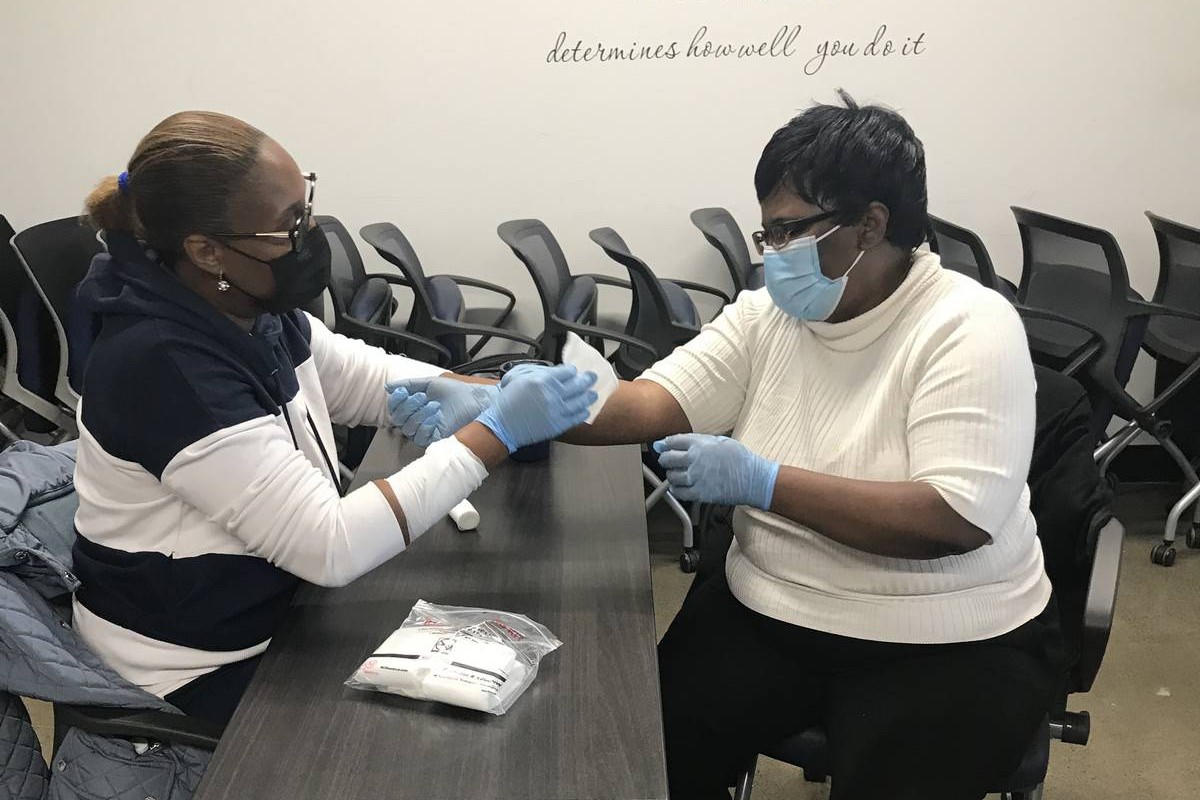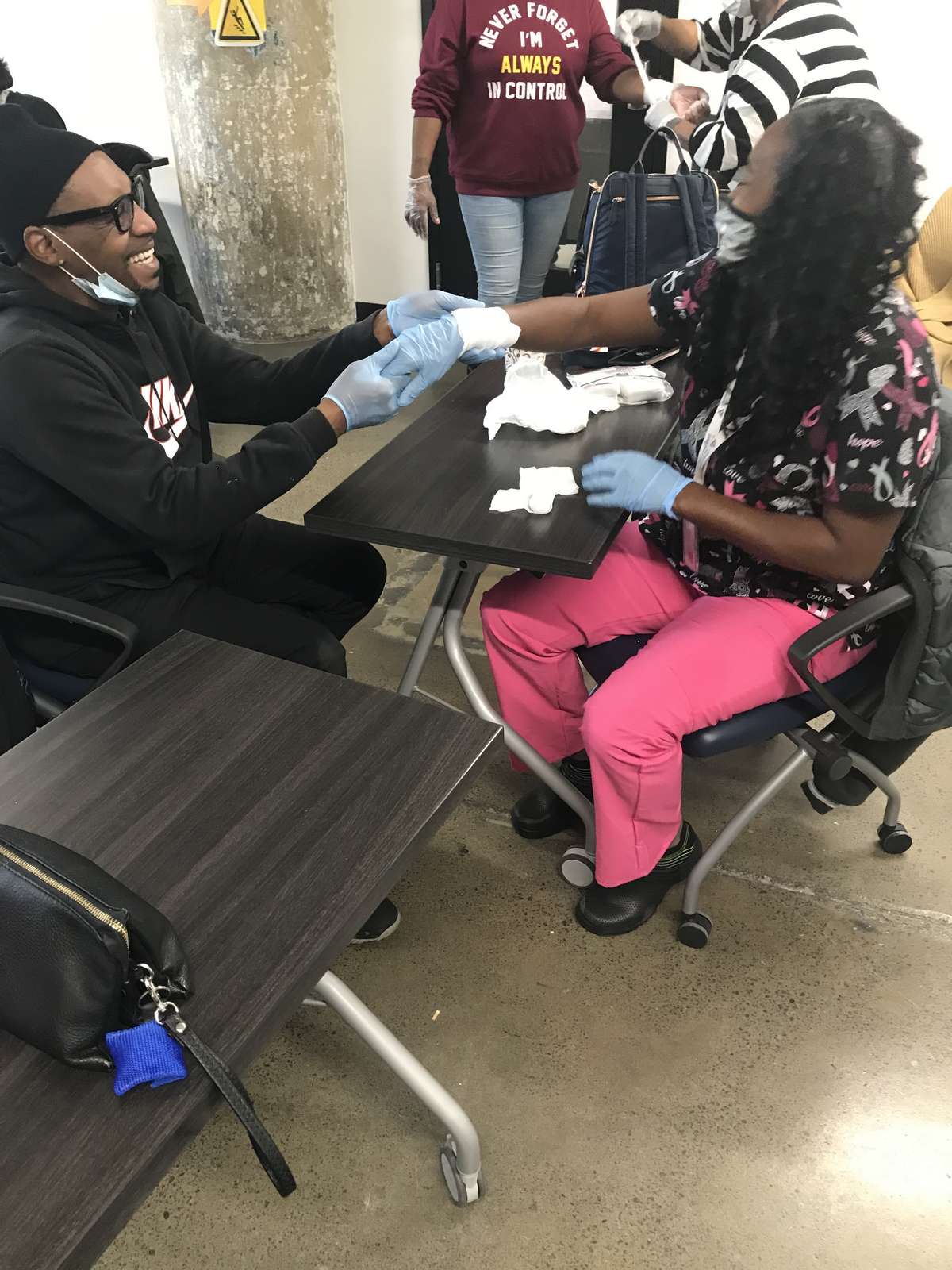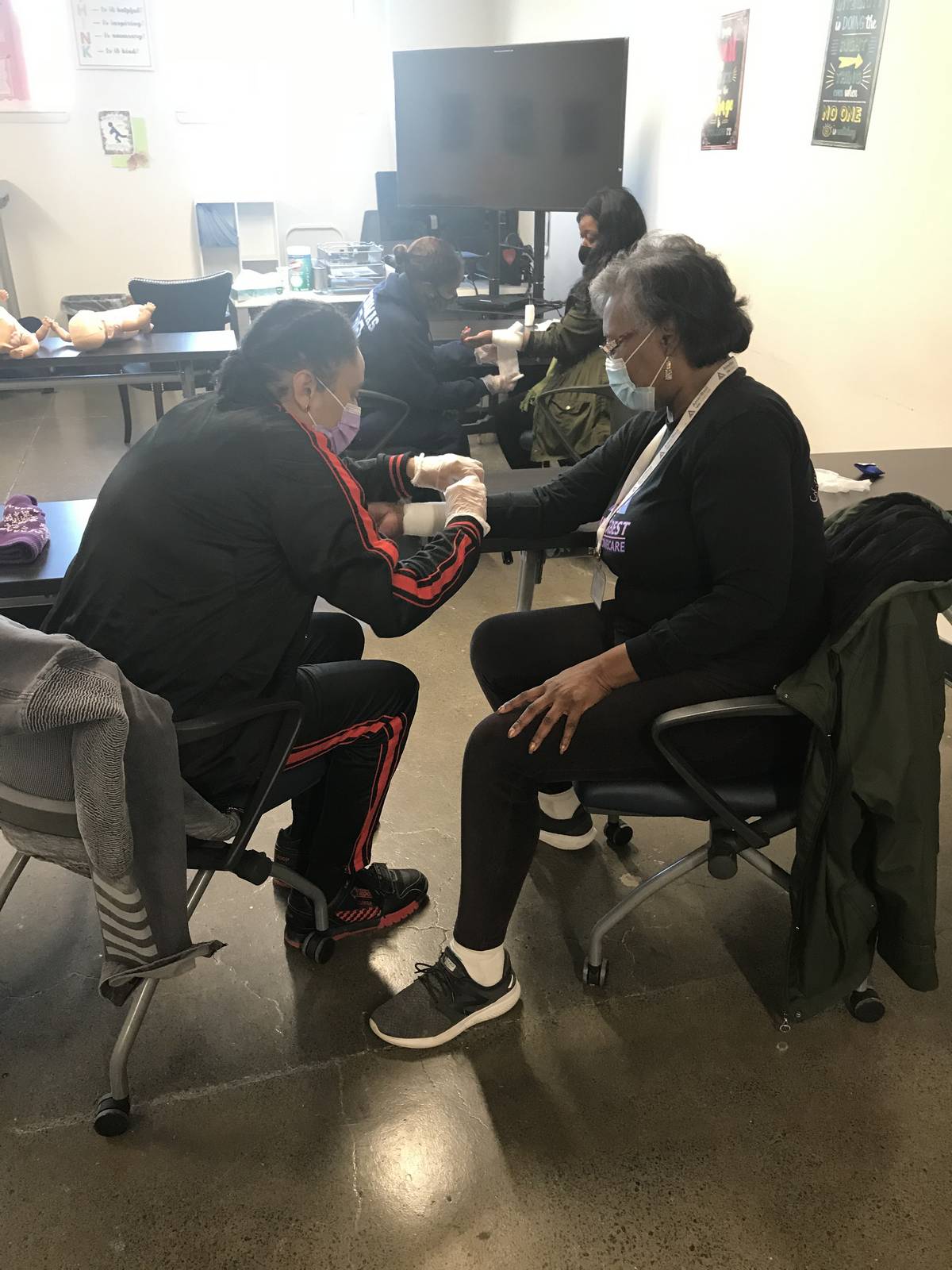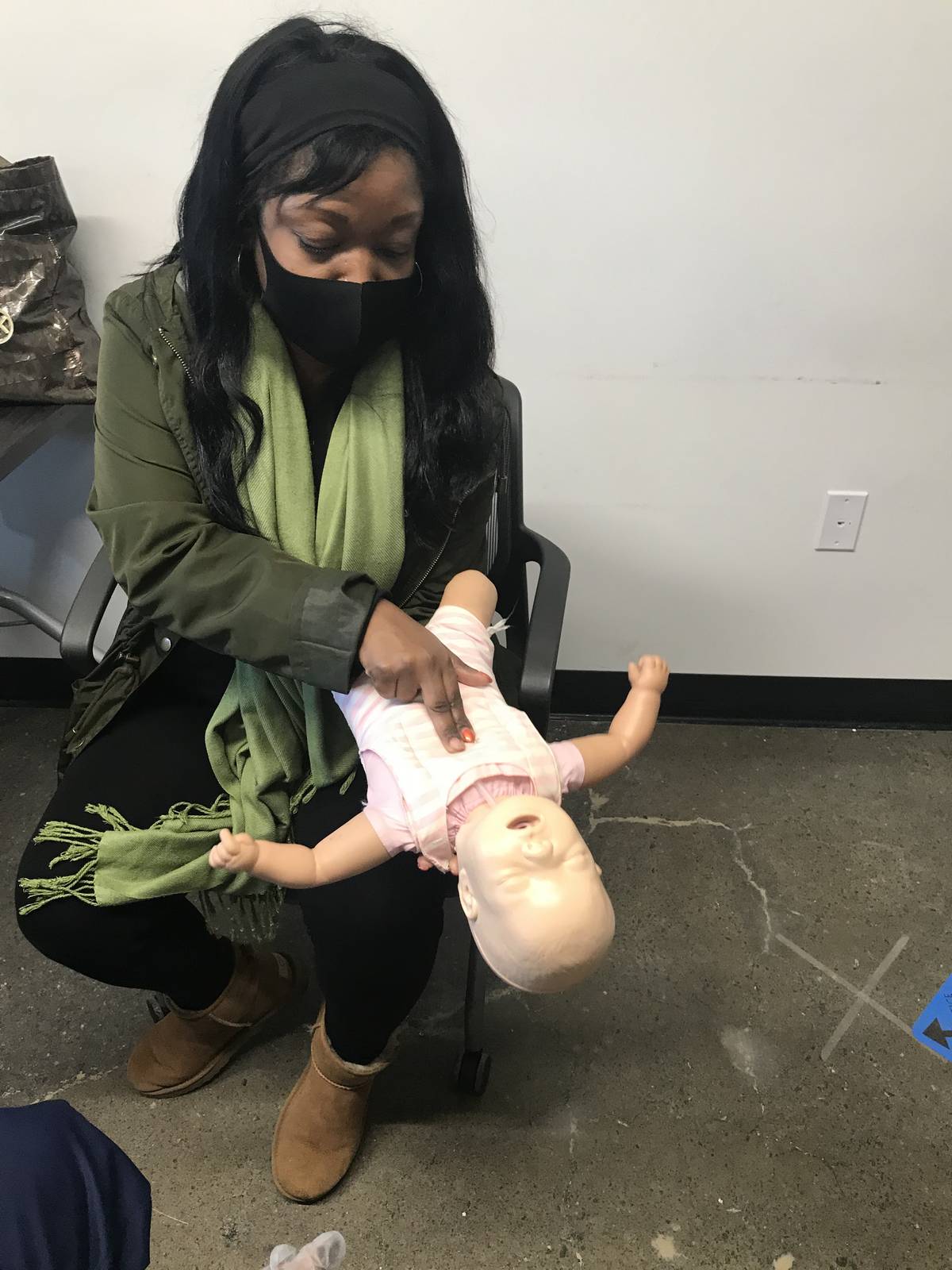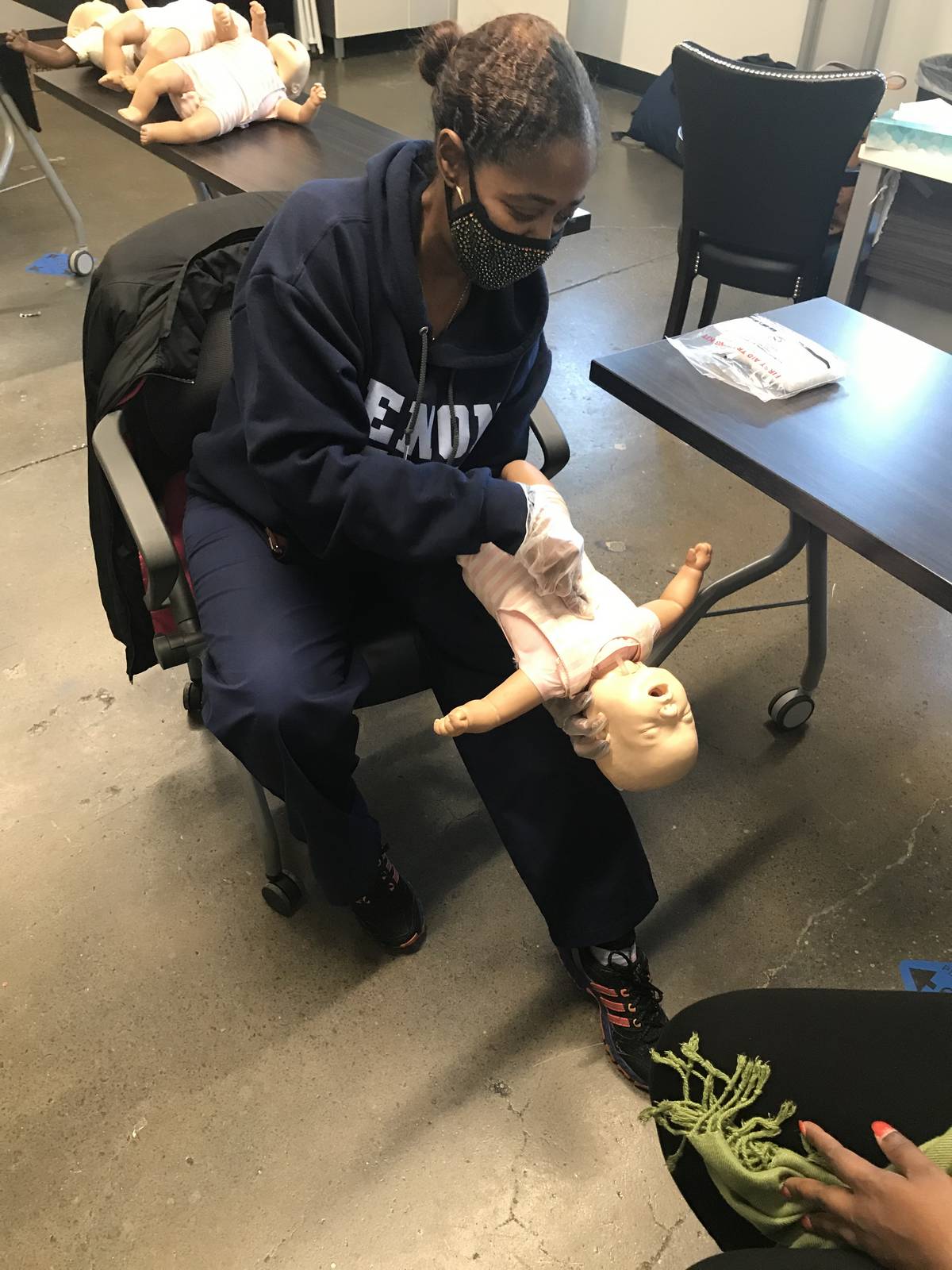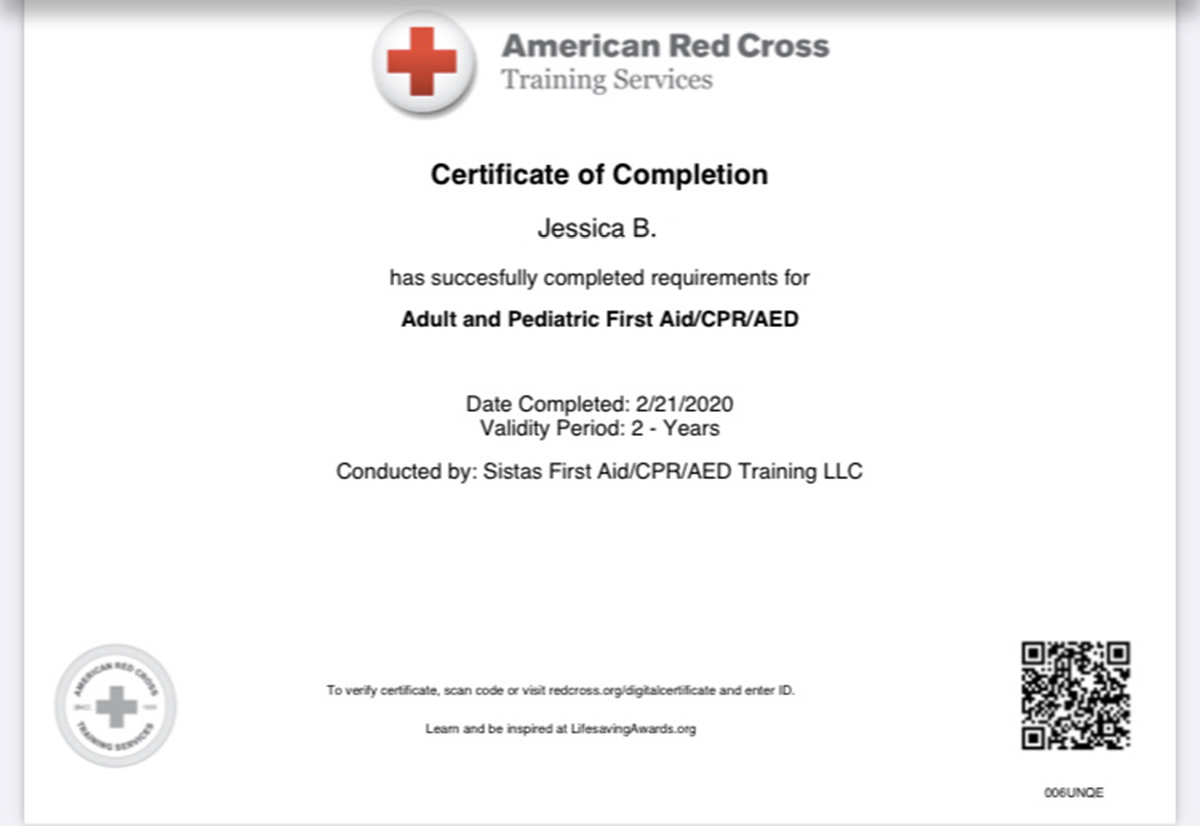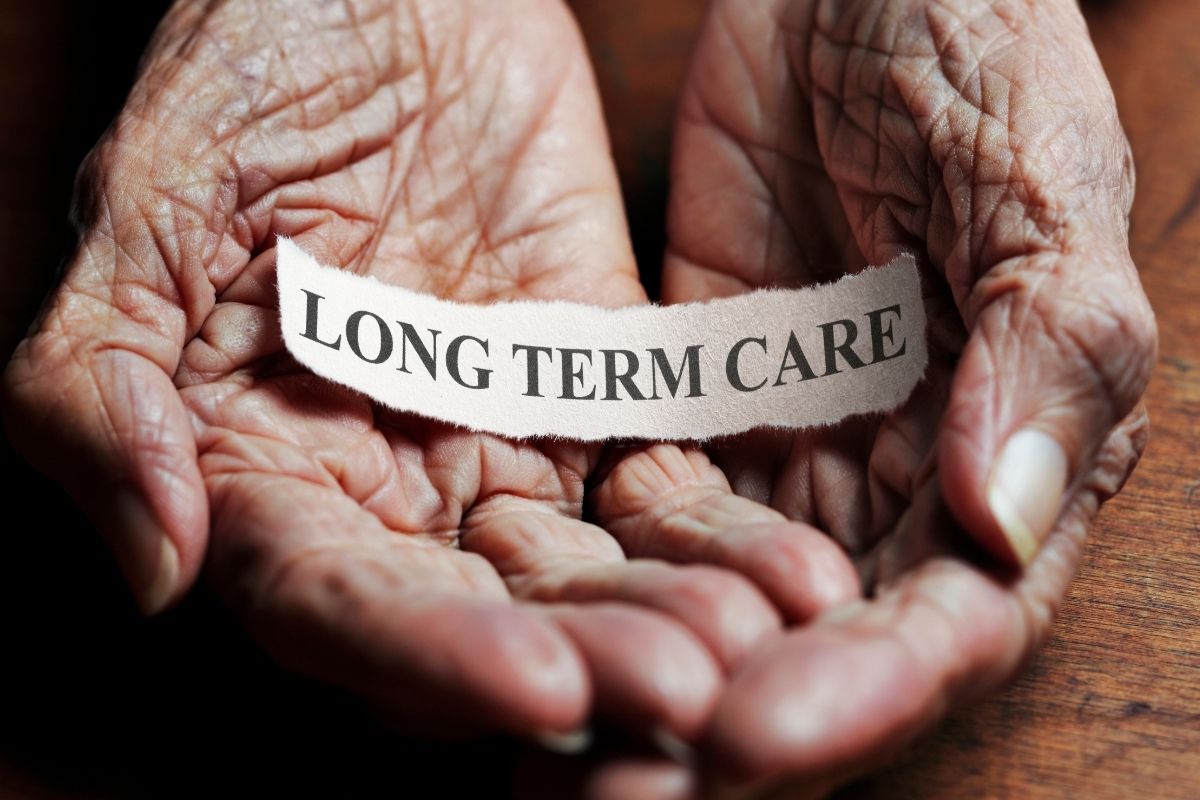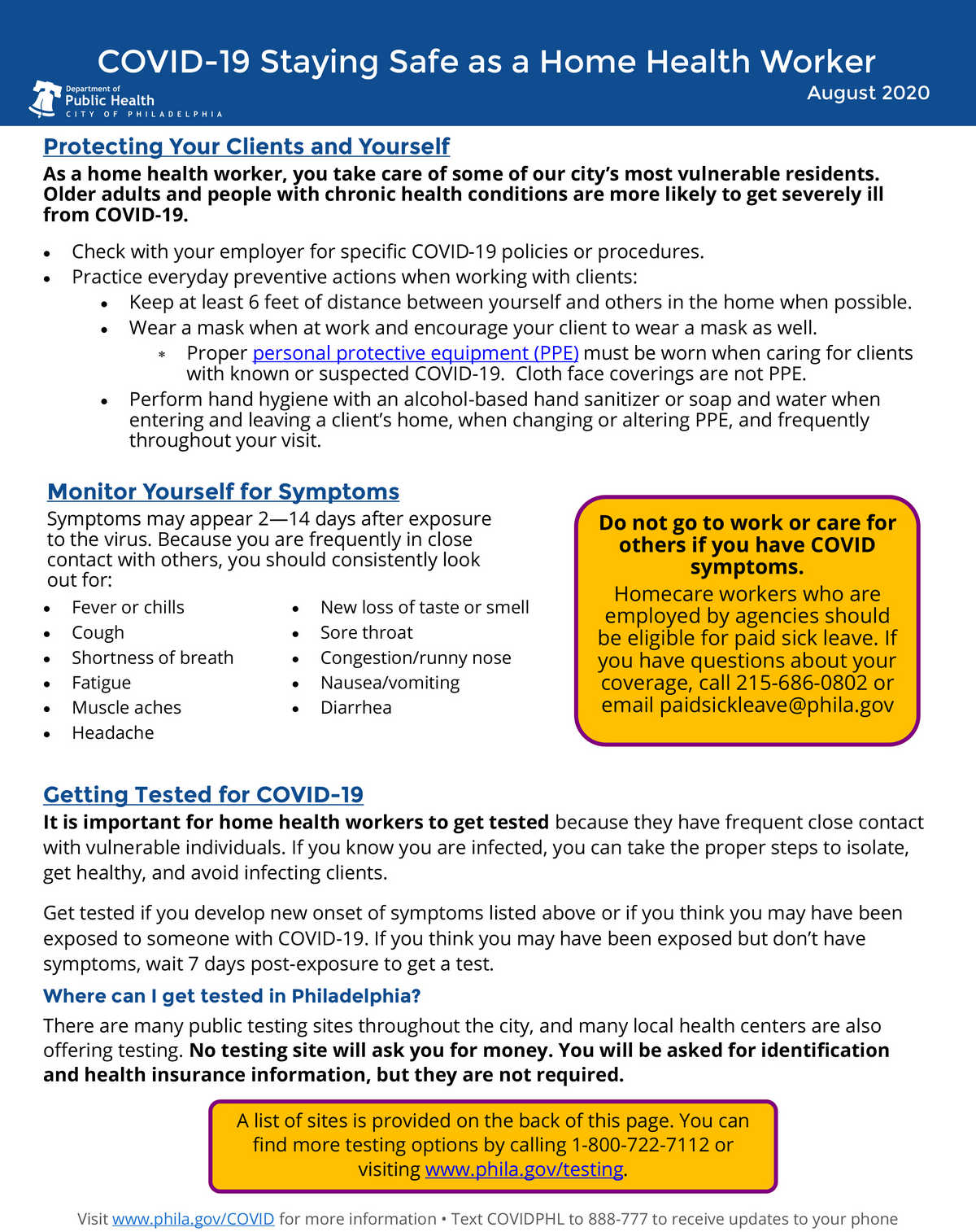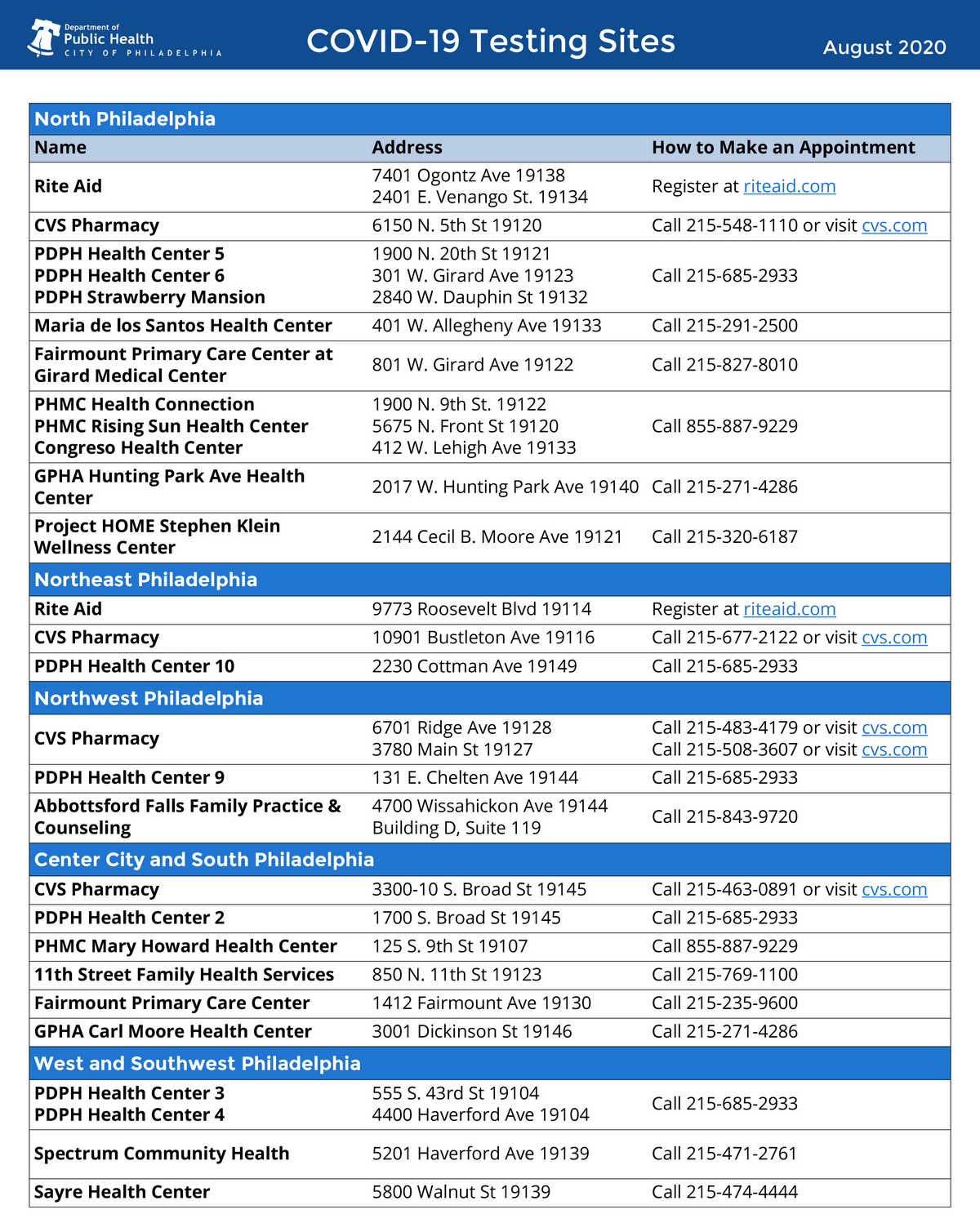You’ve got questions and we’ve got answers!
Individuals with older parents, neighbors, friends, or family may be acting as unpaid caregivers without even knowing it. Read on to find out what caregiving is, what it means to be a caregiver, and what you can do about it.
All About Caregiving
Caregivers are individuals who care for others- friends, family, patients.
Caregiving is what they do.
Caregivers dedicate hours of their time and energy to help care for the medical, emotional, mental, and physical needs of older adults. Caregivers make it their mission to help elderly live their best lives, as happily and healthily as possible.
Caregiving is usually done in a facility or at home, with many seniors now opting for at-home services more and more.
Caregiving At-Home
At-home caregiving services have become increasingly popular over recent years. With at-home caregiving, seniors are able to age comfortably in the familiarity and calmness of their own homes. Whether with a family caregiver or a professional health aide, seniors are able to continue to live their “regular” schedules with just a bit of help.
Caregiving services include:
- Light housekeeping
- Meal prep
- Oral hygiene
- Showering
- Dressing
- Repositioning in bed
More medical at-home services include:
- Skilled nursing
- Physical therapy
- Occupational therapy
- Medial social work

Caregiving Statistics
Although there is great meaning and reward to a job like this, it’s not all roses and rainbows for caregivers. Many caregivers work unpaid, simply helping friends and family. This means doing the work of a full-time job, without the pay. And, 24% of caregivers even care for more than one senior at a time.
Unfortunately, the time restraints and stresses of caregiving can have a real negative effect on health and wellbeing. In fact, 21% of family caregivers view their health as fair to the poor.
Over the past five years, the number of American citizens providing unpaid care for others has increased significantly. In 2015, stats showed that approximately 43.5 million Americans acted as family caregivers. Now, in 2020, the statistics show a mighty 53 million. That’s a 3% increase in just 5 years. Meaning, that around one in five Americans acts as some kind of family caregiver.
What this Means for You
For friends:
If you think one of your friends, neighbors, relatives, or acquaintances might fall under the category of unpaid caregivers in America- offer them support. You may think there’s not much for you do to, but as a friend, you can lend emotional and physical support. And, that support may just make the difference between a happy caregiver and an overwhelmed caregiver.

For seniors:
It can be hard to rely on others for help. But know: your family, friends, and aides are helping because they want to because they deeply care about you. So, say thank you, accept the help, and appreciate the time and effort they are putting into their relationship with you.
For caregivers:
If what you’ve read here rings true- you might be functioning as an unpaid caregiver. Ease the stress, and get paid for the work you’re already doing! Contact us today, with us you can get paid to be a caregiver. You’ll even get paid training, a flexible schedule, benefits, bonuses, and other great employment opportunities!





